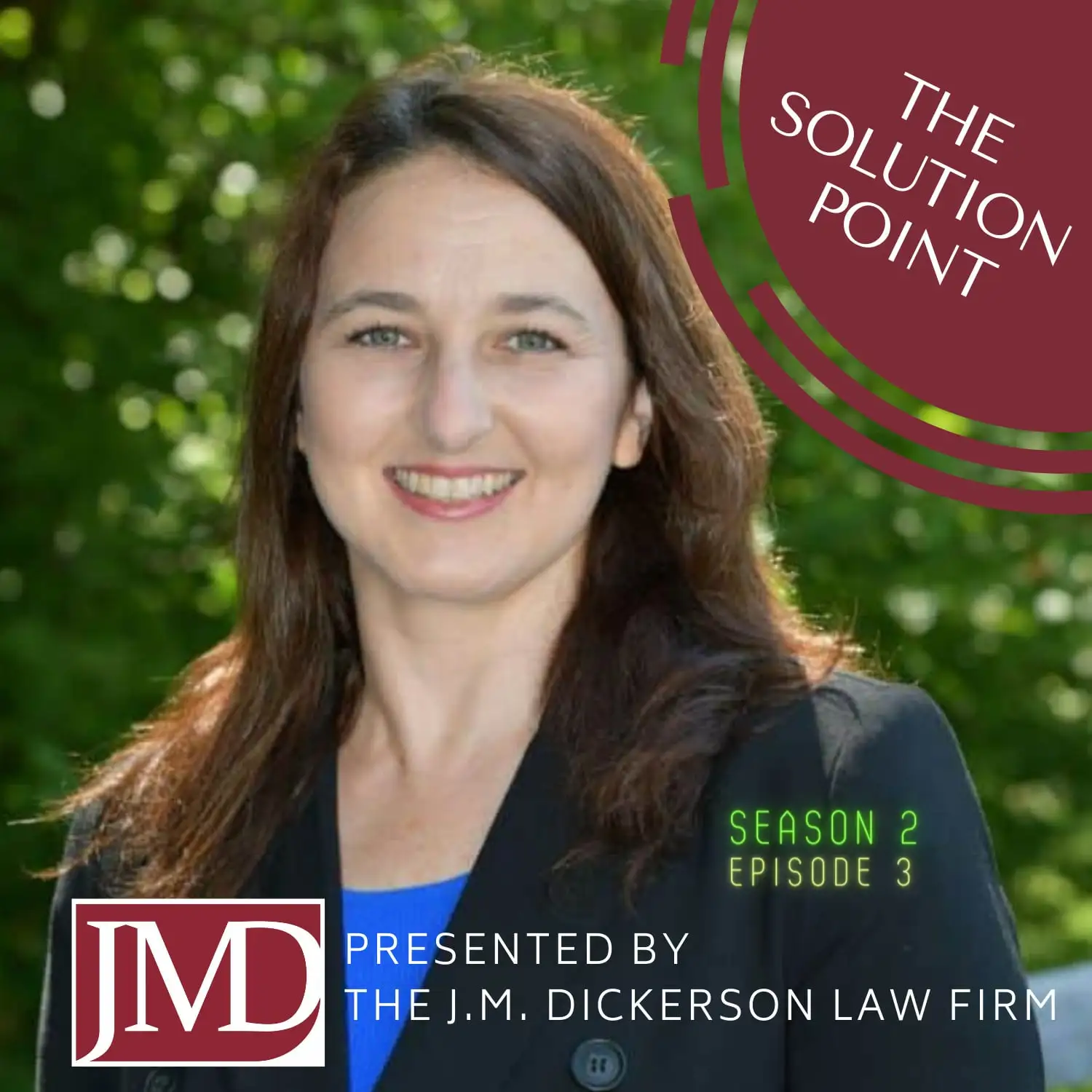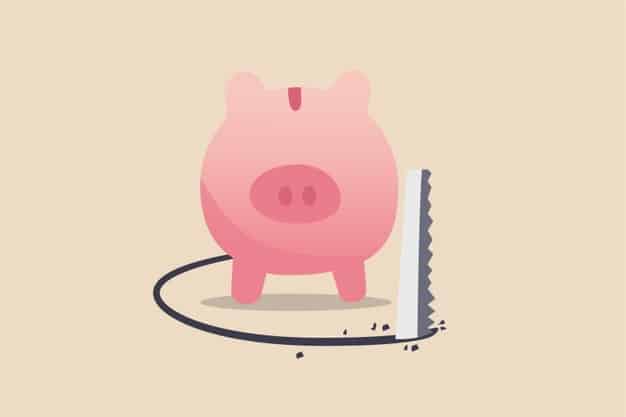When you are in financial hot water, there are solutions – including debt consolidation, reverse mortgages, and bankruptcy. Regarding bankruptcy, there are several options including Chapter 7, Chapter 11, and Chapter 13 bankruptcies. While there are pros and cons to each type of bankruptcy, this blog focuses on the benefits of a Chapter 13 bankruptcy.
The Basics
Before diving into the benefits of Chapter 13 bankruptcy, understanding the basics of it may be helpful. Chapter 13 bankruptcy is also known as a wage earners plan. Therefore, this form of bankruptcy allows individuals with regular incomes to establish plans to repay their debts. During a Chapter 13 case, creditors may not, without prior permission from the Bankruptcy Court, start or continue their collection efforts. A Chapter 11 bankruptcy is also a form of bankruptcy that generally involves a repayment plan, but Chapter 13 bankruptcy proceedings are less complex and move along more quickly than Chapter 11 filings.
The Benefits
- Timing – Because it can take up to five years to repay your debts under a Chapter 13 plan, you have plenty of time to make your payments.
- Flexibility – Chapter 13 trustees are responsible for approving your payment plans. In this role, they may be flexible on the terms of your payments. For example, you may be able to stretch out your debt payments or reduce the amounts of your payments.
- Creditors – Once you successfully complete a repayment plan under Chapter 13, individual creditors cannot obligate you to pay them in full.
- Property – While in a Chapter 13 repayment plan, you get to keep the property on which you make payments.
- Credit Score – While Chapter 13 stays on your record for years, all of your missed debt payments, defaults, prepositions, and lawsuits that hurt your credit score go away.
- Loans – It is easier to explain bankruptcy to a future lender than explaining years of financial mishaps.
- Credit Cards – You may be able to obtain new lines of credit within 3 years of filing bankruptcy (although likely at a higher interest rate).
- Mortgage – While any bankruptcy can impact your ability to get a future mortgage, there are lenders that specialize in lending to people who have experienced financial hardships. These lenders recognize that filing bankruptcy is a major step in solving financial difficulties.
Taking No Action is not the Answer
Dealing with debt is stressful. It can become all-consuming and cause anxiety. Many attorneys offer a free consultation (including us!).
When you schedule your free consultation with Lucid Law, you can rest assured that we will listen to your concerns and situation. And provide you with a suggested plan of action – whether or not you retain Lucid Law. Don’t forget, we offer a 14-day money-back guarantee, so you can retain Lucid Law and make sure we are the best fit for you. Addressing your financial problems starts with a phone call.



